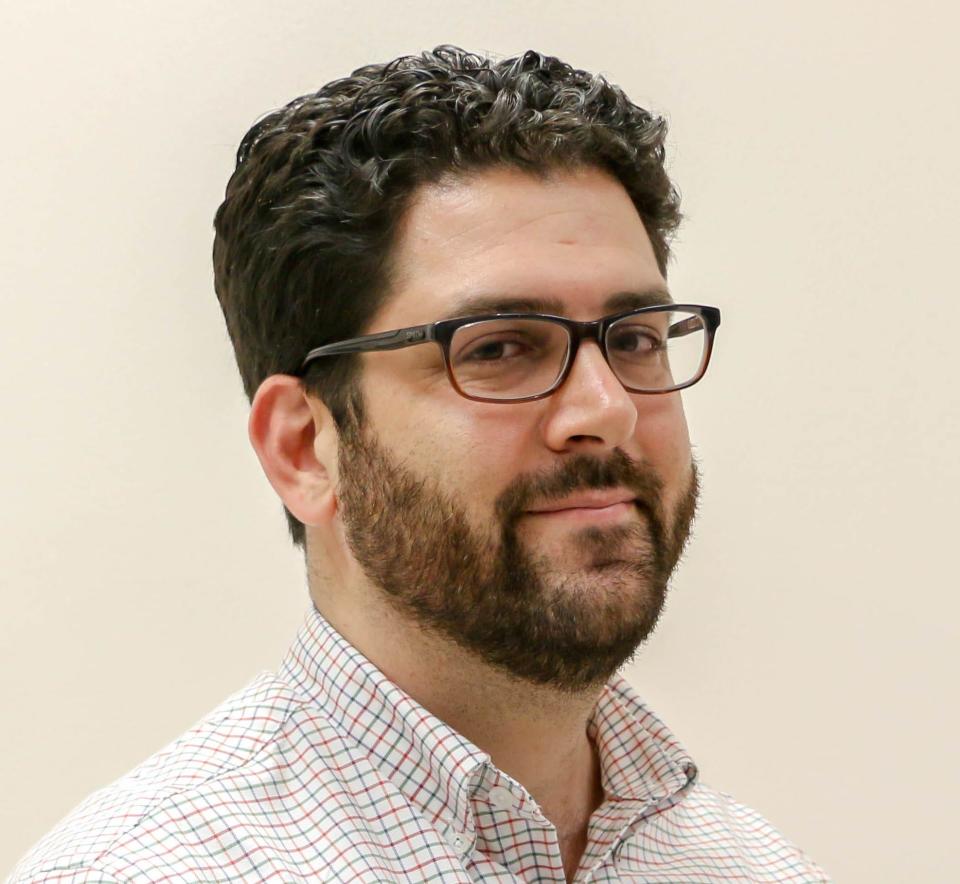Ballot measure, ARPA money among options to fund affordable housing in Gainesville
Affordable housing isn’t cheap. Adequately addressing Gainesville’s housing needs would require a multi-million-dollar public investment. Elected officials must decide exactly how to fund such an effort.
City Commissioner Adrian Hayes-Santos proposed putting a measure on November’s ballot that would allow the city to issue $30 million to $50 million in bonds for housing, which would be repaid through a property tax increase. Other commissioners are receptive to the idea but question the timing, instead wanting to spend more time figuring out a plan before putting the measure on the 2024 ballot.
Last month, the commission voted 5-1 to have city staff develop a framework for spending the money and return with details in July. Commissioner Cynthia Chestnut was the dissenting vote, expressing concern that a housing measure would sink another initiative on the November ballot that would fund the Wild Spaces and Public Spaces program and infrastructure projects (with just a small portion dedicated to housing).

Chestnut told me that she thinks that the commission should first spend available funding on housing. She's calling for $6 million of the city's funding from the federal American Rescue Plan Act (ARPA) to be spent on housing, part of a portion of more than $9 million in unallocated ARPA funding that Hayes-Santos supports spending on municipal broadband.
“I think we need to exhaust those measures first … and then go for long-term funding once you have a plan together,” Chestnut said.
The city has already set aside $1 million in ARPA funding for a community land trust and selected Clearwater-based Bright Community Trust to serve in that function for the city. Trust President Frank Wells wrote a column this week explaining how the nonprofit group is able to keep housing affordable in perpetuity, which it has done in Pinellas County before expanding to other parts of the state.
More from Nathan Crabbe:
Gainesville is for People mobilizing residents who support pro-housing policies
Research Triangle offers lessons for Gainesville in cultural, natural options
Lowest-income residents have most pressing — and most ignored — housing needs
While details are still being worked out with the city on the group's initial work in Gainesville, one possibility is building single-family homes on city-owned lots for low- to moderate-income buyers. Wells said those projects are typically the fastest to complete, taking as little as a year. The city already owns a number of surplus properties, including several in the Duval neighborhood, so the effort could get started quickly.
But $1 million will only take that effort so far. For example, if homes were built for families making 80% of the area median income, Wells said there would be about a $50,000 gap between what each house costs and what buyers could afford without spending more than 30% of their income on housing expenses (the federal definition of affordability).
If the group builds multiple houses at once, he said, some might be sold to higher-income buyers at a profit to subsidize purchases for lower-income buyers. And building multi-family housing would make the projects eligible for federal tax credits and other government programs that, unlike ARPA, provide ongoing and not one-time funding.
Clearly there are numerous options for addressing Gainesville’s housing needs, along with several local groups working on the issue and more work being done by different parts of local government. We’re printing columns from officials in several of these groups this month in order to provide readers with a better understanding of what has and could be done.
Additional ARPA funding would kick-start this work, showing the community what a housing ballot measure might accomplish on a larger scale. Spending time to develop a sensible and broadly supported plan for such a measure would be a smarter approach than rushing it onto the ballot this fall.
I’ll continue to gather information on housing issues for upcoming columns and the next meeting of The Sun’s community advisory board, before The Sun’s editorial board takes an official position on what we support. In the meantime, please share your thoughts on addressing Gainesville’s housing needs and how to pay for it by sending letters to the editor (of 200 words or less) to letters@gainesville.com.

Nathan Crabbe is The Sun's opinion and engagement editor. Follow him on social media at twitter.com/nathancrabbe and www.facebook.com/nathancrabbe.
Journalism matters. Your support matters.
Get a digital subscription to the Gainesville Sun. Includes must-see content on Gainesville.com and Gatorsports.com, breaking news and updates on all your devices, and access to the eEdition. Visit www.gainesville.com/subscribenow to sign up.
This article originally appeared on The Gainesville Sun: Nathan Crabbe: How should the city of Gainesville fund housing plans?

